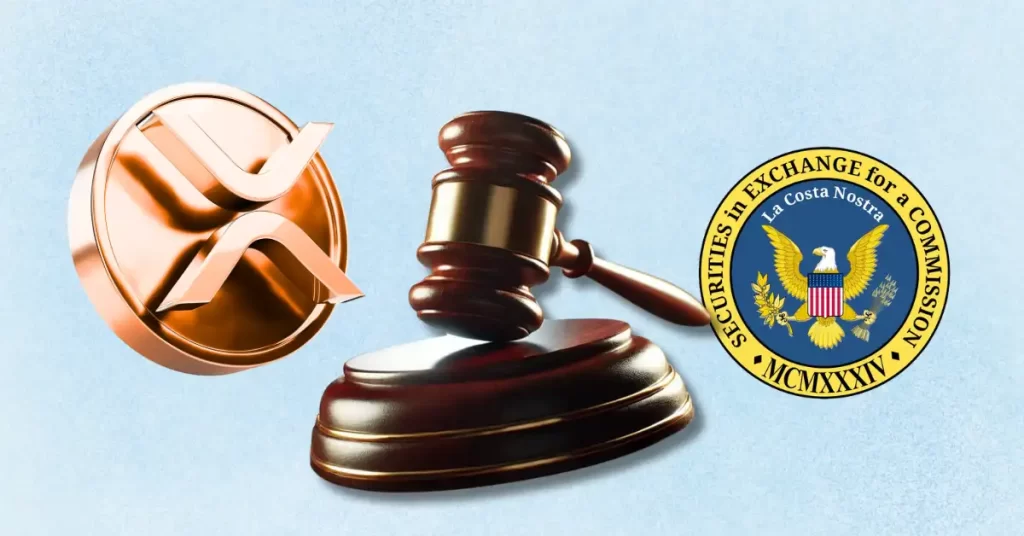
Brazil’s Central Bank, officially known as Banco Central do Brasil (BCB), took an important step by launching a public consultation that could significantly alter the landscape of bitcoin transactions in the country.
This proposal is especially notable because it intends to prevent the transfer of stablecoins—cryptocurrencies designed to maintain a stable value tied to a fiat currency, such as Tether’s USDT—to self-custody wallets, including popular platforms like MetaMask.
The central bank’s draft regulation clearly states, “The virtual asset service provider is prohibited from transferring foreign currency-denominated virtual assets to a self-custody wallet.”
This specific policy, part of a larger draft regulatory framework, is not an arbitrary proposal; it is now available for public consultation until February 28, 2025.
With this project, the Brazilian government is taking a proactive approach to improving market monitoring, enforcing compliance, and regulating Brazilian capital outflows in a changing financial landscape.
The rationale behind the regulation
The reason behind these proposed laws stems from the Brazilian government’s growing desire to strengthen its control over the foreign exchange market and efficiently oversee the growing prevalence and use of stablecoins within Brazil’s borders.
According to the consultation document and related statements from officials, the move would entail modifying earlier 2022 resolutions addressing providers of virtual asset services (PSAV) functioning in the foreign currency market.
Beyond simply restricting stablecoin transfers, the BCB has ambitious plans to significantly broaden the definition of the foreign exchange market to include a wide range of activities such as payments, sales, custody, and a comprehensive range of cryptocurrency transactions denominated in foreign currencies.
If this regulation is enacted, PSAVs will be required to provide the BCB with detailed and specific information about customer verification processes, transaction values, and a variety of other operational data deemed relevant to maintaining market integrity.
The rising popularity of Stablecoins in Brazil
The growing popularity of stablecoins in Brazil highlights the importance of this regulation proposal.
Stablecoins, which have the potential to maintain a stable value that is tethered to a fiat currency (such as the US dollar), have grown in popularity in comparison to their more volatile cryptocurrency competitors.
The recent entry of USD Coin (USDC) into the Brazilian and Mexican markets via local bank transfers, as revealed by Circle, is a striking example of this emerging trend.
Circle has clearly stated that their stablecoin can now function flawlessly within the real-time payment systems developed in both countries, allowing for faster, more efficient, and more secure transactions for consumers seeking dependability in their digital transactions.
The challenge of self-custody wallets.
In today’s cryptocurrency world, all transactions involving digital assets are subject to severe identity verification methods under the Know Your Customer (KYC) laws imposed by centralized exchanges to combat illicit financial activity.
Self-custody wallets, on the other hand, offer an intriguing and contrasting scenario.
These wallets provide a high level of privacy and user control, allowing individuals to manage their digital assets autonomously and without having to divulge personal information for payment transfers.
This distinguishing feature of self-custody wallets is important in light of the BCB’s ongoing public consultation.
While many see these wallets as an expression of financial freedom because they allow users to have complete control over their digital assets without the need for intermediaries, others argue that they represent a significant regulatory gap that could become a conduit for illicit financial activities, thwarting government oversight efforts.
Reflection on Global Regulatory Trends
The BCB’s proposal is not isolated; rather, it represents a broader worldwide trend toward tighter cryptocurrency regulation, with a particular emphasis on the implications of these digital assets for domestic economies and foreign commerce.
As one of Latin America’s most dynamic and rapidly evolving markets, Brazil is now working to align its cryptocurrency policies with evolving global standards, indicating a growing commitment by financial authorities to ensure market stability while adapting to the ongoing wave of digital transformation affecting financial services.
As the consultation period unfolds, stakeholders—including individual crypto users, service providers, investors, and regulatory bodies—continue to pay close attention to the possible consequences of these proposed changes for the future of cryptocurrency transactions in Brazil.
The eventual outcome could set a key precedent for how nations in the region address the multifaceted challenges and tremendous opportunities presented by the burgeoning cryptocurrency landscape, especially as Brazil positions itself at the forefront of this critical and ongoing conversation about cryptocurrency and regulation.
Brazil’s cryptocurrency transactions at a crucial crossroads
As the Brazilian Central Bank prepares to reinterpret the legislative framework governing stablecoins and the use of self-custody wallets, the future trajectory of cryptocurrency transactions in Brazil reaches a critical crossroads.
As the public consultations progress, the delicate interplay between financial innovation and regulatory control will be widely monitored, not only in Brazil but also throughout the world, as other countries examine and potentially respond to Brazil’s regulatory strategy.
The decisions made today may influence the contours of the cryptocurrency market for years to come, influencing how digital currencies are managed, understood, and used in the broader economic landscape, both in Brazil and elsewhere.
The post Brazil’s Central Bank pushes for Stablecoin transfer restrictions under new regulation appeared first on Invezz















 English (US) ·
English (US) ·